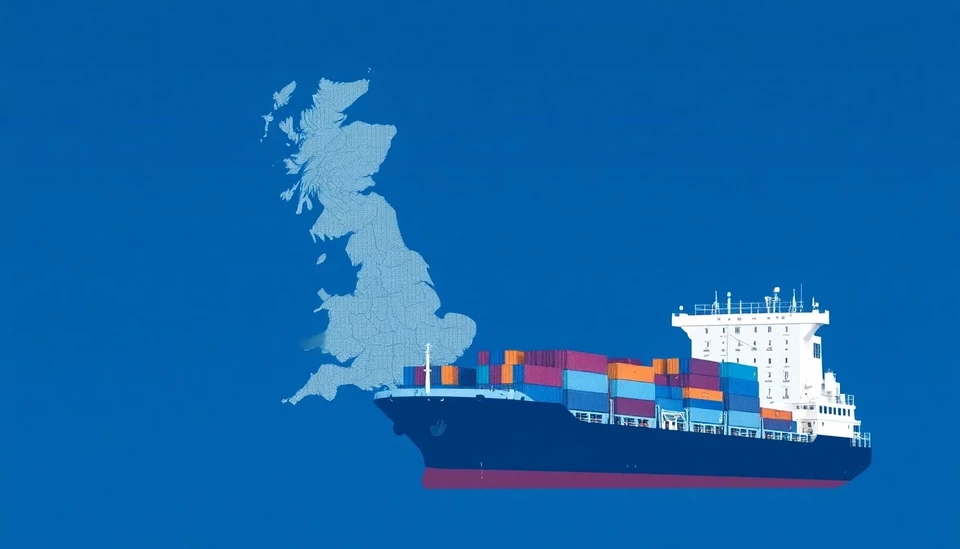
The United Kingdom is currently conducting a review of its duty exemption for small parcels amid recent changes in U.S. trade policies—particularly after former President Donald Trump eliminated a long-standing loophole that allowed low-value goods to enter the country tax-free. This move has raised discussions about international trade regulations and how they affect domestic retailers in the UK.
The U.S. decision to close the loophole has sparked concerns among UK lawmakers and businesses, leading to growing calls for a reassessment of how the UK regulates its own parcel duty exemptions. Currently, the UK allows a duty-free threshold for parcels valued below £135, which has been viewed as a boon for online shoppers and retailers sourcing products from overseas. However, there is a growing sentiment that this policy may favor international sellers over local businesses, potentially leading to a competitive disadvantage for the latter.
According to reports, the UK government has signaled its willingness to explore modifications to the exemption threshold in light of the changes made by the United States. A potential adjustment could involve lowering the exemption limit or revising the circumstances under which the exemption applies, thereby ensuring that domestic retailers are not adversely affected by external competition. This is especially relevant as the UK grapples with post-Brexit trade dynamics and strives to bolster its economic resilience.
The implications of such changes could be significant. Local businesses argue that maintaining the existing exemption could encourage consumers to shop overseas, thereby undermining the UK retail sector. In contrast, online shopping has surged post-pandemic, making it essential for UK policymakers to strike a balance that benefits both consumers and local enterprises.
Trade analysts have noted that while the review is still in its early stages, any final decisions made by the government will need to consider the broader economic landscape, including inflationary pressures and the cost of living crisis currently facing many households across the nation. As the situation evolves, stakeholders from various sectors are urged to engage in discussions to shape the future of the UK’s trade policies effectively.
The timing of these discussions is critical, with potential regulatory changes on the horizon that could reshape the UK’s international trade approach. Government representatives have indicated that more transparency in the decision-making process will be important in ensuring that all voices are heard—especially those of small businesses that often feel overshadowed by larger, international corporations.
As debates unfold, stakeholders are closely monitoring developments to understand the potential impacts of any changes to duty exemptions. The outcome of this review may have lasting effects on both consumers and businesses, as the UK navigates an increasingly complicated global trade environment.
In summary, the UK’s review of its parcel duty exemption policy signals a critical response to changing international trade dynamics. Stakeholders across the board will be keenly observing as this situation develops, with an emphasis on balancing the interests of local businesses against the realities of an interconnected global market.
#UKTrade #ParcelDuty #Ecommerce #SmallBusiness #InternationalTrade #PolicyReview
Author: John Harris




